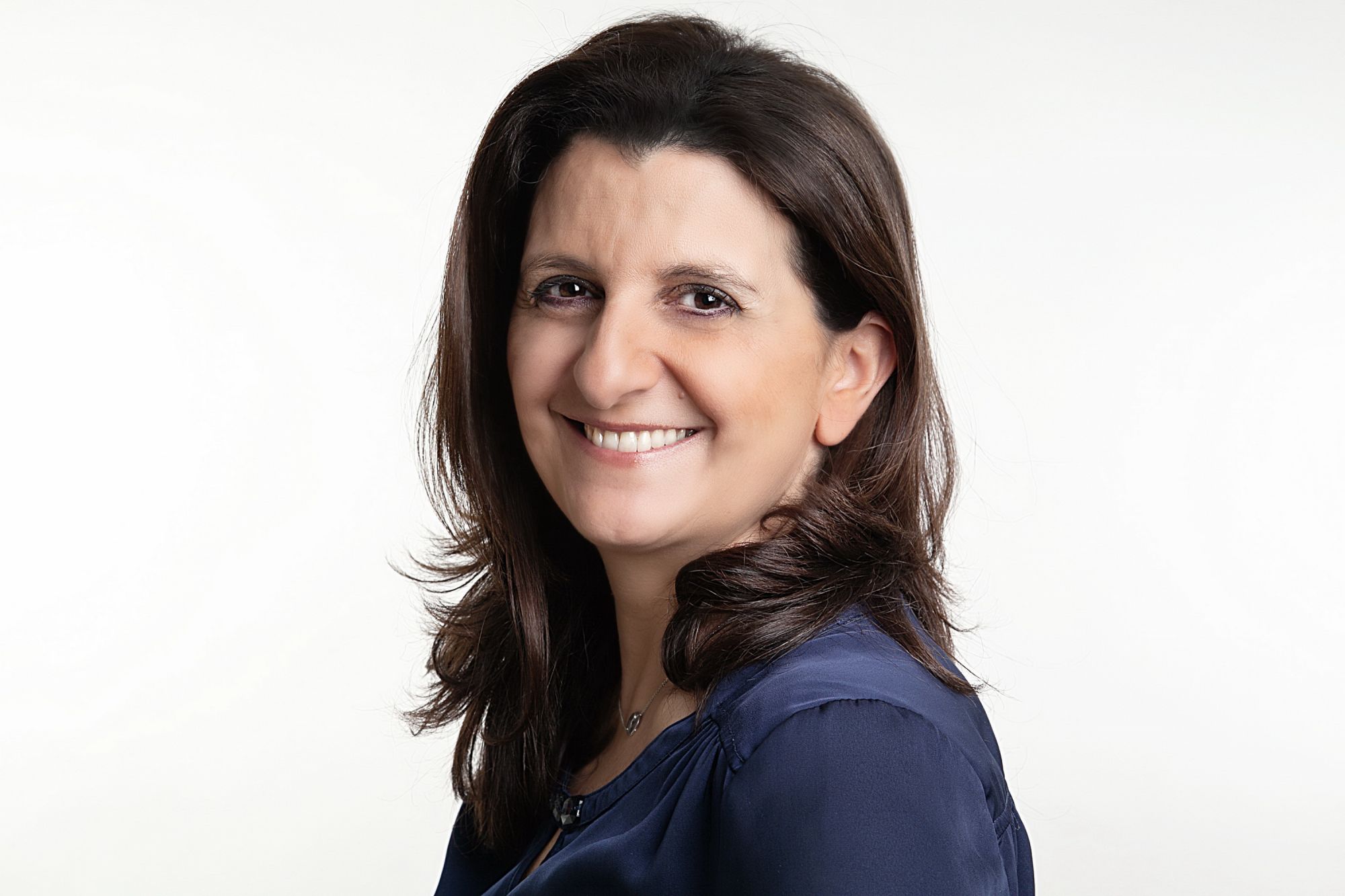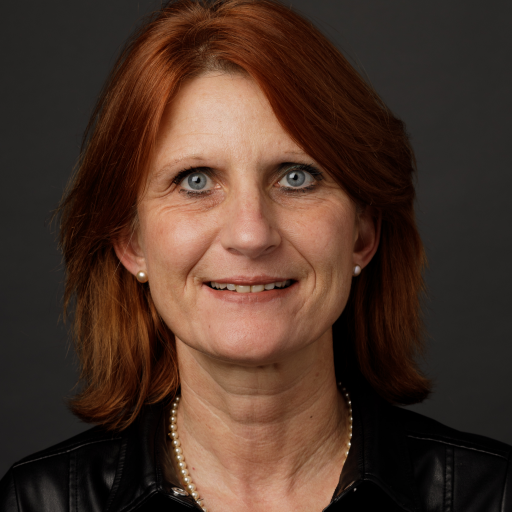- Home
- EN
- Our impact
- ProspeKtive
- Diversity and Diver(c)ity

Diversity and Diver(c)ity
May 2022
Expert
It is not an incantation. It is not a mantra. It is a necessity. Diversity is one of the new values infusing the real estate industry. Beyond the "diversity and inclusion" indexes and the marketing effects that cleverly dress up annual reports, this necessity is very high on the list of priority concerns of today's and tomorrow's managers. Why is this? For three reasons: performance, creativity and innovation.
According to Deloitte, which surveyed executives and HR managers for Crédit Agricole Ile-de-France, 80% of them consider that diversity and inclusion represent competitive advantages for their organizations. And now, metrics are starting to emerge. "Companies with inclusion strategies are 60% more likely to increase their productivity, improve their brand image and attract talent," notes the study. This is our belief because we believe that diversity creates wealth.
Parity and diversity
Parity is no longer a taboo subject in the real estate industry. Just over a decade ago, the Copé-Zimmerman law laid the groundwork for a more balanced representation of women and men on boards of directors and supervisory boards. At our level, the charter of commitment to parity and professional equality between women and men in companies and organizations in the real estate sector, which has been signed by more than a hundred of us, has acted as an eye-opener. In the picture of our sector, women and men must take their pose with equity and truth. This dynamic is underway. It will not stop. But it should not make us forget that beyond gender parity, another movement is just waiting to emerge. This one will draw its sources from the diversity - necessary - of profiles and cultures. To build the city of tomorrow, which will be discussed below, we need architects, builders, developers and investors. But we also need demographers, sociologists, philosophers, intellectuals and citizens who practice it on a daily basis. We also need men and women from other cultures, other countries, other horizons, because the city is everyone's business and not just the government's.
Diversity and mix
In recent years, the field of diversity has also been nibbling away at the geography of buildings. Gone are the days when functions were piled up like slices of a millefeuille. Today, the flavors are mixed in the mouth. A little behind some of our European friends, buildings - especially in Paris - have rediscovered the virtues of mixed functions. Mixing offices with shops, student residences with housing as if in a big shaker has become a favorite area of reflection for real estate observers. In a dynamic driven by new uses, project developers have taken to imagining a mix of functions on every floor. The recent inauguration of Morland Mixité Capitale, which has pushed the mixed-use exercise to its limit with no less than 11 identified uses, should play the role of kick-off for the creation of a new generation of buildings. To give a little insight, the surge of coworking spaces in France, which now constitutes a new market - that of the operated office - gives us a few keys to reading. The codes of the office, the home and the hotel industry are blending together. And it is clear that the user - you, me, the others - likes it.
Mixed and diverse city
If we like it, why shouldn't we be won over by the imperative need for diversity in the city? Man - as we know - is naturally gregarious. On a Parisian scale, he advocates diversity but does exactly the opposite. He lives in neighborhoods where others look like him. He works in the CBD or the QCA, acronyms that seem so outdated. At a time when diversity is extolled at every turn, we do the exact opposite. So much so that it is legitimate to ask the question: do we really want to live in a diverse city?
Yet the mixed city movement is already underway. In Paris, entire neighborhoods are changing their faces, the East of Paris is becoming desirable, and a new tertiary geography - supported by a solid mobility network - is taking hold. Of course, we are only at the very beginning. Of course, we don't want to lose our bearings. But one thing is certain: real estate has everything to gain from diversity. Of places. Of women and men. Of buildings.
Release date: May 2022



